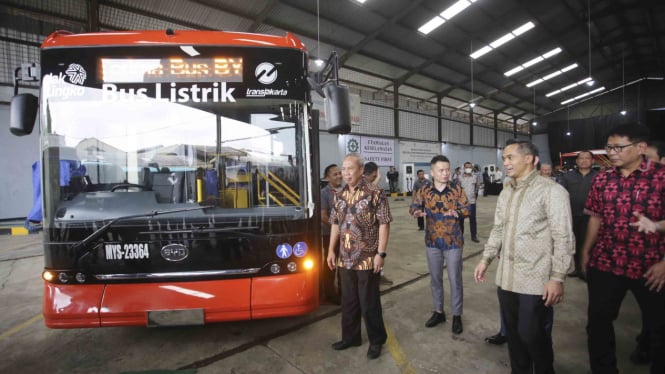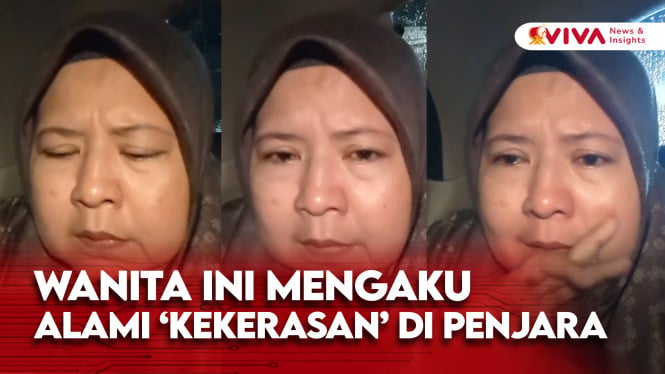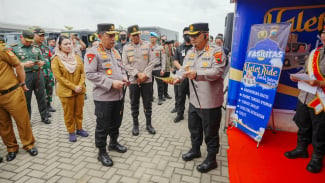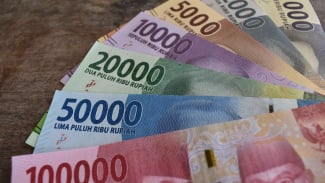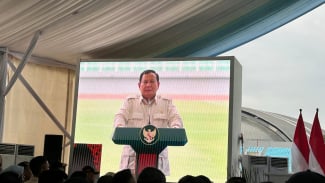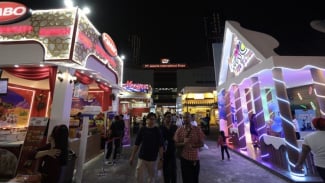VKTR Concerns Safety Guarantees on Electric Bus
- VIVA/M Ali Wafa
Tangerang – VKTR Teknologi Mobilitas (VKTR) focuses on manufacturing electrification of transportation such as Electric Bus for Indonesian people. VKTR also concerns about safety for passengers.
This is proven by the presence of sophisticated safety equipment and the readiness of safety officers when the accident happen.
"Our electric bus products are equipped with sophisticated safety equipment. The technology is automatic, the safety can detect if an accident will happen," said Ludiatmo as CCO VKTR Mobility Technology on the sidelines of the discussion "Consumer Rights & Vehicle Safety Equipment" with the Indonesian Automotive Journalists Forum (FORWOT) at the Santika Premier Hotel, ICE BSD, Tangerang on Wednesday.
"As example, if there is a heat from inside the vehicle, it will be detected automatically and even on the battery component there is an extinguisher in the form of powder automatically," he added.

VKTR bersama Forwot Diskusi Hak-Hak Konsumen & Kelengkapan Keselamatan Kendaraan
- Arianti Widya
According to Ludiatmo, not all electric bus manufacturers care about regulations from the government, especially the Ministry of Transportation, such as providing first aid kits to glass breaking tools from bus vehicles, and tools or technology to detect electrical leaks.
"Therefore, VKTR is also campaigning for the provision of this safety, because almost all countries in the world focus on safety in electric vehicles," he remarked.
"So, VKTR is very committed to ensuring passenger safety."
As known, VKTR collaborates with BYD Auto to build electric buses made with optimal performance to serve the world's longest Bus Rapid Transit (BRT) network, Transjakarta for urban mobility.
This powered by world-class advanced battery technology, EV bus of VKTR has 324 kWh of energy storage capacity, peak torque of 1,100 Nm and estimated 251 km of driving range, offering high performance, zero-emission transportation, and better driving experience for Indonesia’s lower future carbon.
As information, VKTR not only focuses on commercial vehicles but also creates an electrification ecosystem such as charging, nickel mining and then battery factories and ends with battery waste treatment.
"VKTR itself also provides a power house for Transjakarta electric buses in Cijantung, East Jakarta which contains 15 charges that have been produced domestically," Ludiatmo concluded.


